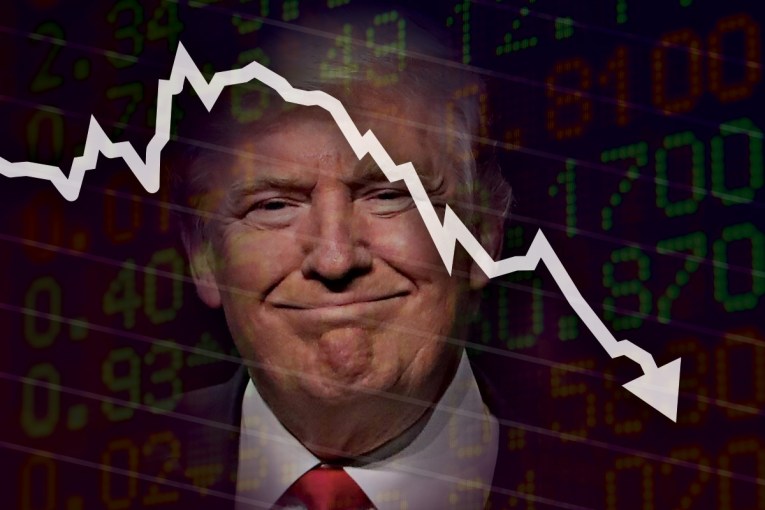Not Australia: The countries most wary of vaccines and inoculations

It was declared among the top ten threats to global health in 2019, but vaccine hesitancy has declined in Australia as well as European countries.
In 2015, only 31 per cent of people in France thought vaccines were important. By the end of 2019, that sentiment was felt by just over half of the population.
To gauge how the world viewed inoculations, the Vaccine Confidence Project in London analysed data from 290 surveys which encapsulated the views of 284,000 adults from 149 countries.
In 2015, no less than 70 per cent of Australians strongly agreed vaccines were important.
That increased by at least 10 per cent over the three years that followed, according to research published in The Lancet.
Australia also saw increases in the number of people who understood vaccines to be effective, rising from at least 60 per cent in 2015 to 70 per cent, at the minimum, in 2018.
During that same period, however, there was at least a 10 per cent fall in the number of Australians who accepted that vaccines are safe.
The good news on that front is confidence in the importance of vaccines had the strongest association with vaccine uptake, the authors wrote.

Global trends in perceptions towards the safety of vaccines in November, 2015, and November, 2018. Photo: The Lancet
Some European counties, including Finland, France, Ireland and Italy, found an improvement in overall vaccine confidence between 2018 and 2019.
Meanwhile, confidence in their importance, safety, and effectiveness fell in Afghanistan, Indonesia, Pakistan, the Philippines, and South Korea.
More specifically, between 2015 and 2019, Afghanistan, Azerbaijan, Indonesia, Nigeria, Pakistan, and Serbia all saw significant increases in the number of people who strongly disagreed that vaccines are safe.
The findings indicated that minority religious groups tended to have lower probabilities of vaccine uptake.
Professor Heidi Larson, who led the research, said: “One of the main threats to the resilience of vaccination programs globally is the rapid and global spread of misinformation.”
Debates about vaccines, she said, were “purposefully polarised, exploiting the doubting public and system weaknesses for political purposes”, with vaccine hesitancy likely also to be fuelled by “a general distrust in government and scientific elites”.
With “new and emerging disease threats”, such as COVID-19, she said it was “vital” that public attitudes towards vaccines are regularly monitored to “help guide where we need to build trust to optimise uptake of new life-saving vaccines”.








